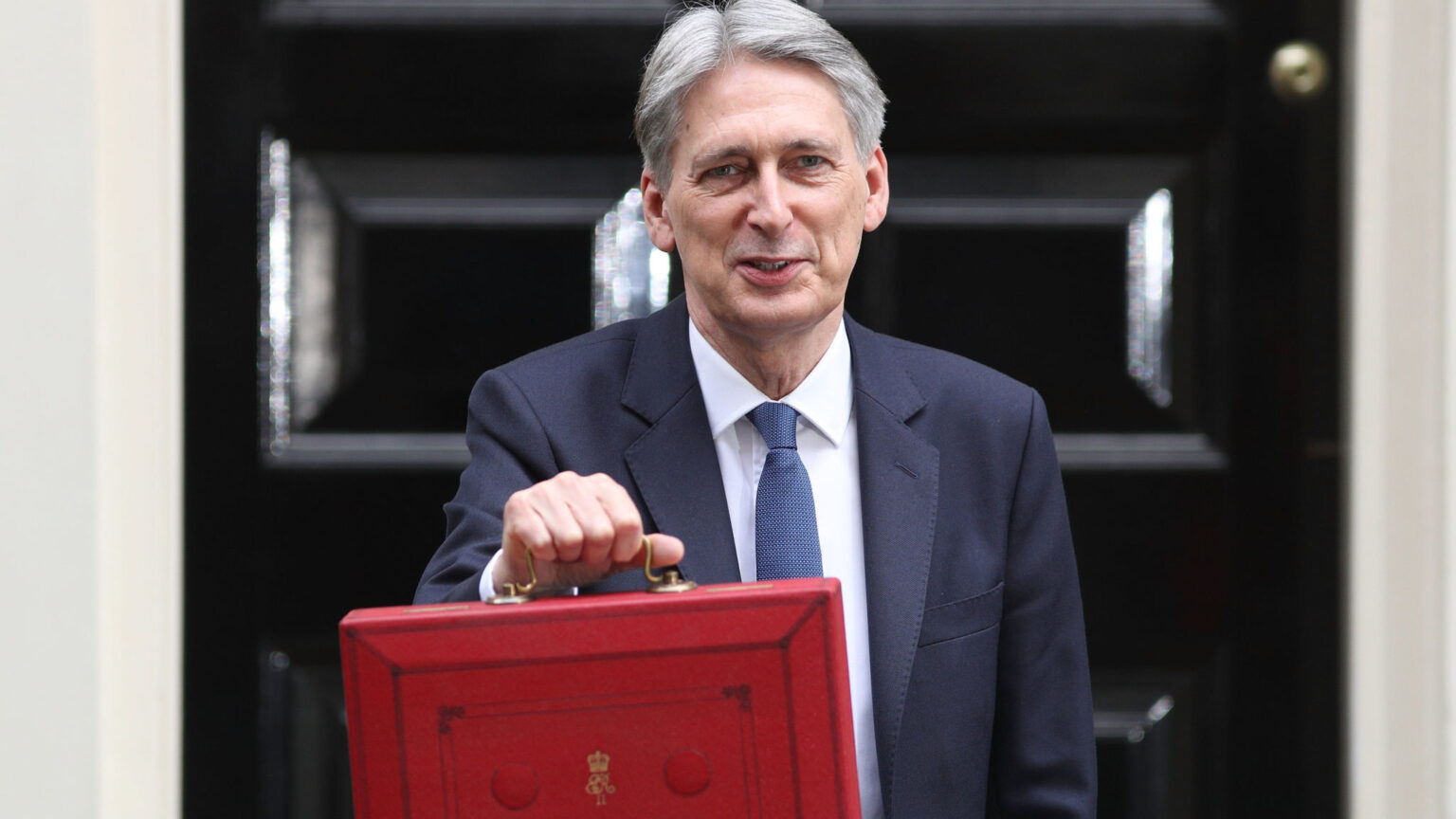Chancellor Philip Hammond has suggested he will refuse to budget this year for a ‘no deal’ exit from the European Union.
In a move likely to rile Brexiteers reportedly calling for billions to be set aside in November’s Autumn Budget, Mr Hammond said he would only commit the money “when it’s responsible to do so”.
He insisted the Treasury was “planning for every outcome” of negotiations and that “we will find any necessary funding”, in an article for The Times.
And he added: “We must be honest about the near-term challenges and complexities as we prepare to leave.”
Mr Hammond’s comments come in a week when the Government ramps up the threat of ‘no deal’ to try to push along stalling negotiations in Brussels.
Prime Minister Theresa May has repeatedly claimed “no deal is better than a bad deal”.
And European Council president Donald Tusk warned the EU may rethink whether a deal was possible if there was not enough progress on talks by Christmas.
The EU will only agree to start discussing the UK’s future trade relationship with the bloc once there are sufficient advances on negotiations about the divorce bill, the rights of EU citizens and the Irish border.
Mr Tusk said: “We are negotiating in good faith, and we still hope that the so-called ‘sufficient progress’ will be possible by December.
“However, if it turns out that the talks continue at a slow pace, and that ‘sufficient progress’ hasn’t been reached, then – together with our UK friends – we will have to think about where we are heading.”
Mr Hammond was urged by ministers earlier in the week to set aside money in the coming budget, amid concerns the UK needs to start spending now to mitigate a ‘no deal’ divorce in March 2019.
But he appeared to reject those calls, instead stressing the important of avoiding a cliff-edge separation.
“I believe the best stimulus we can provide for the economy right now, is certainty,” he wrote.
“We will do that in two ways. First, by securing agreement on a time-limited implementation period – this is vital to give businesses and people the space to prepare for the future.
“Second, by reaching a deal on the terms of our future long-term relationship with the European Union.”
The splits between Remain-backing Mr Hammond and the Brexiteers pushing for money committed in next month’s budget could come to the fore today – when Mrs May faces her first Prime Minister’s Questions since conference season.
Her performance could influence colleagues ahead of a crunch meeting of the influential 1922 committee later that afternoon.


